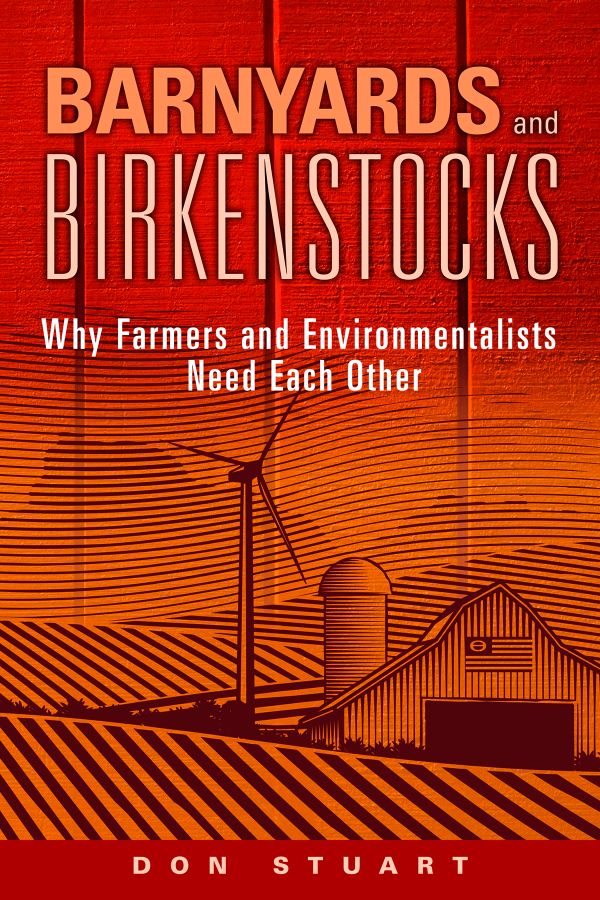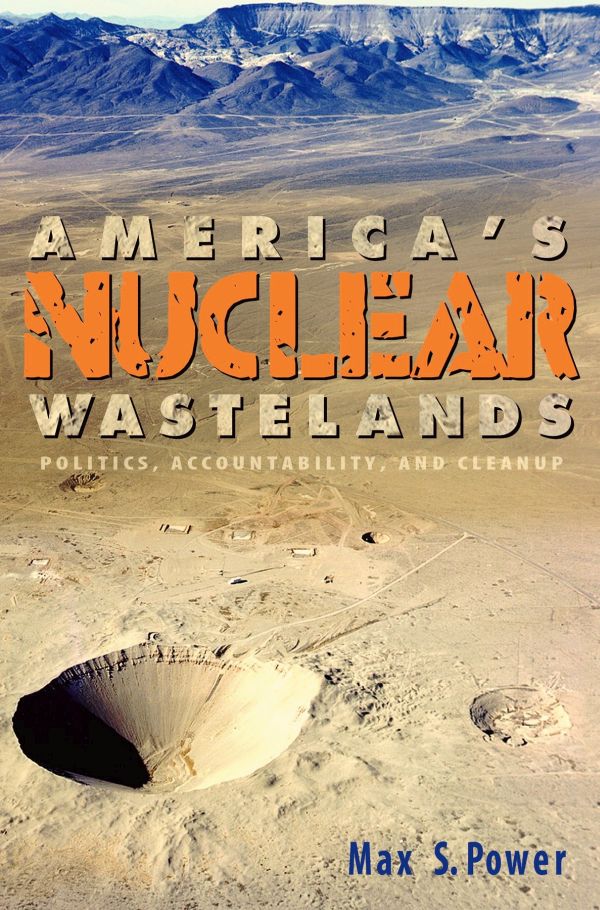Description
Rural America is struggling. The average farmer is now 57 years old. Family agriculture is gradually fading, and prime farmland is often converted into environmentally harmful applications. But food cultivation has ecological consequences, too. Farms consume 80 percent of the nation’s water. Although they often prevent sprawling development, improve water quality, or provide wildlife habitat, they also pollute rivers, drain wetlands, or emit destructive greenhouse gasses.
Don Stuart believes two dangerous trends—the loss of farms and damage to ecosystems—are connected, and that a major cause is the political deadlock between farmers and environmental activists. He offers a radical proposal: collaboration. To promote empathy and point out the costs of continued political impasse, he presents opposing perspectives. Topics include incentives, regulations, government spending, environmental markets, growth management, climate change, public lands grazing, and the federal farm bill. Drawing from multiple case studies and a lifetime spent settling conflicts, the author identifies characteristics of successful community programs to suggest a model for a prosperous, healthy future.
Illustrations / notes / index / 288 pages (2014)
Recognition
“The author is uniquely qualified to comment on the conflicts and common interests of farmers and environmentalists from long experience on both sides. People…will find [his] insights on the two camps extremely useful in tailoring programs effectively.”—Dennis Canty, Pacific Northwest Regional Director, American Farmland Trust, and Guide to Environmental Markets for Farmers and Ranchers coauthor.
“[Don Stuart] forcefully makes the case that there is significant peril to the goals of each [side] if the current stalemate over environmental concerns about farming operations continues unresolved. This book is a valuable resource for farmers, environmentalists, academics, policymakers, students, and regulators.”—Peter Goldmark, Washington State Commissioner of Public Lands
“Don Stuart plays the part of mediator in Barnyards and Birkenstocks. The relationship in question is complicated and often characterized by a level of dysfunction that seems insurmountable. Stuart refuses to shy away from the challenge and uses the book to find common ground between farmers and environmentalists.”—Katherine Strand, Human Ecology
“Barnyards and Birkenstocks provides an in-depth account of the positive developments in farmer-environmentalist collaborations. Stuart provides numerous cases and scenarios that involve farmers and environmentalists, mostly in Washington State. Despite this geographical focus, however, the lessons Stuart learned are valuable for citizens and policy makers in others regions who are facing similar challenges… Stuart’s book is appealing to several audiences. Teachers and students in courses on policy making, sustainability, and food and agriculture would benefit from “real world” examples. Policy makers could benefit from the knowledge about how to inspire collaboration and achieve consensus between stakeholders that are often in conflict with one another. Finally, citizens themselves would gain much from this book, most notably by learning how they can support the various individuals and groups ultimately responsible for ensuring a healthy, sustainable, and economical food system.”—Catherine Mobley, Ph.D., Professor of Sociology at Clemson University, Journal of Multidisciplinary Research
“Barnyard and Birkenstocks provides practical tips and advice on working towards the common goal of a flourishing and healthy environment.”—AgInfo Network
“Attorney/consultant Stuart answers the rhetorical question of the subtitle in exemplary fashion using pertinent conflict resolution techniques…The author argues forcefully and knowledgeably to placate farmers as well as those who have other ideas while nudging policy makers to actions acceptable to all. This work can serve as a textbook, reference, and guide.—CHOICE
Barnyards and Birkenstocks offers very carefully nuanced ways of renegotiating the often deadlocked debate between environmentalists and farmers…[It] is targeted specifically to both farmers and environmentalists, yet it will also be of interest to food activists, students, and policy makers. —Journal of Environmental Studies and Sciences
“Barnyards and Birkenstocks is an important and significant contribution to local, regional, and national discussions on balancing the need to agriculturally exploit the environment to produce food with the need to protect and preserve the land for a sustainable ecosystem. With its extraordinarily well written, organized and presented commentary, ‘Barnyards and Birkenstocks: Why Farmers and Environmentalists Need Each Other’ is very highly recommended for community and academic library Environmental Studies collections in general, and to the attention of non-specialist general readers with an interest in the political policy implications required for balancing agricultural activities with environmental necessities.”—Midwest Book Review











